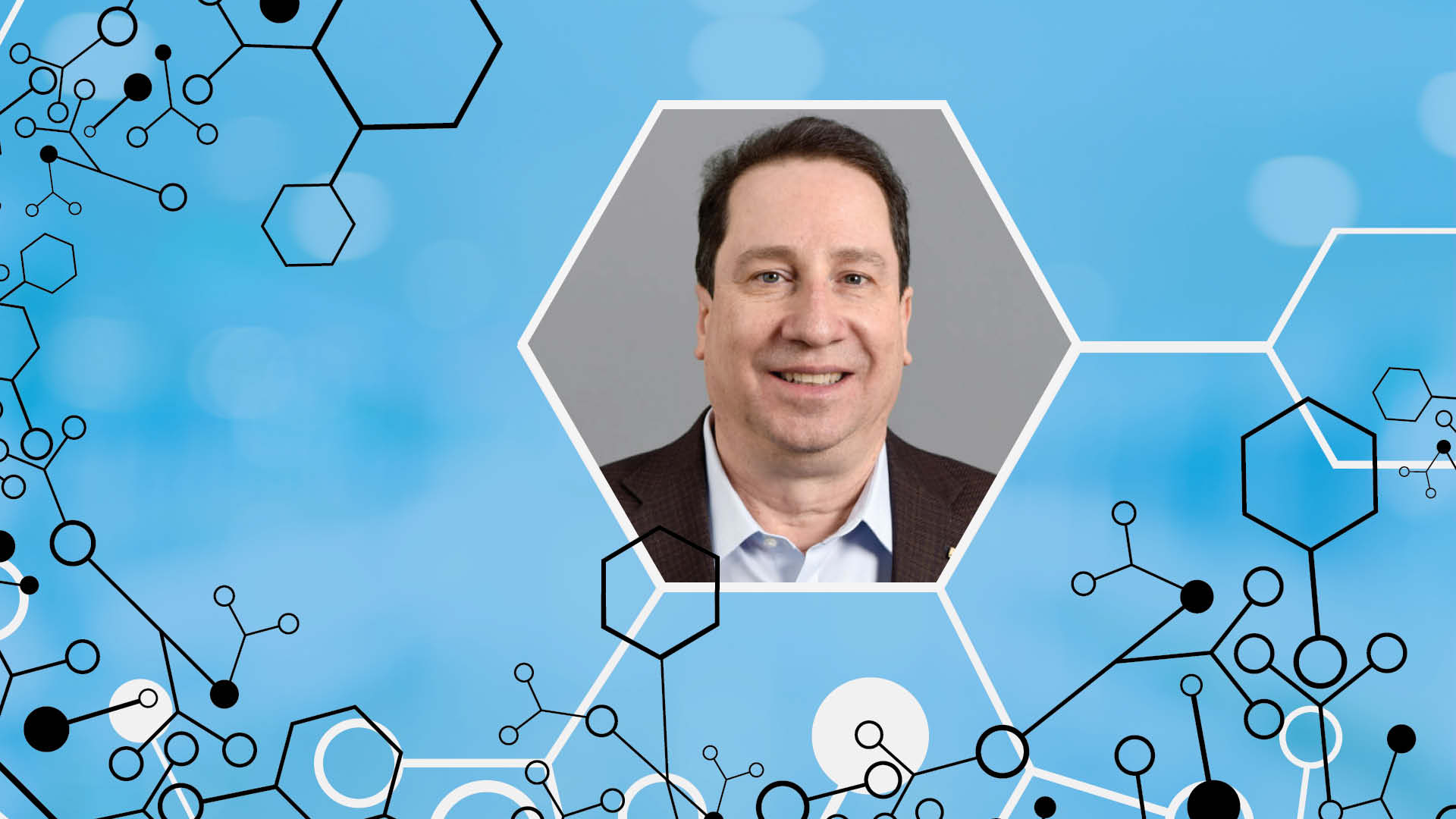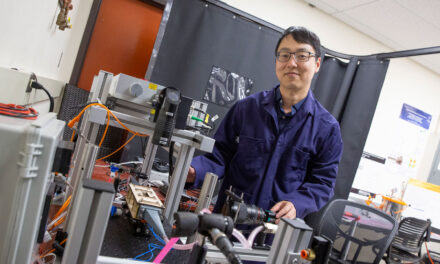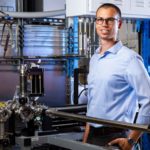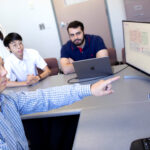
Contributions to chemical engineering earn high honors for ASU professor

Throughout his career, Daniel E. Rivera has been dedicated to using his chemical engineering expertise to make an impact. From his work in industry at Shell Development Company to earning a Mentored Quantitative Research Career Development Award from the National Institutes of Health to help fight drug abuse, Rivera has developed a keen understanding of the importance of chemical engineering in today’s society.
Rivera, a professor of chemical engineering in the Ira A. Fulton Schools of Engineering at Arizona State University, was recently named a Fellow of the American Institute of Chemical Engineers, or AIChE, for his continuing standout work in the field. AIChE is the world’s leading organization of chemical engineering professionals, with more than 60,000 members from over 110 countries.
Fellow is AIChE’s highest grade of membership. Only 5% of the total membership receive this classification. The designation, based on nomination by peers, honors and recognizes AIChE members for their accomplishments and service.
AlChE defines professional accomplishments as “success in process, product or theoretical developments, project leadership, managerial achievement, the educating of engineers, or other activities related to chemical engineering.” Rivera has made prolific contributions in all of these categories, as described by his colleagues: ASU-Regents Professor Jerry Lin, who provided a letter of support for Rivera’s Fellow nomination, and Professor George Stephanopoulos, who submitted the nomination. Both are Fellows of AIChE and faculty members in the School of Engineering for Matter, Transport and Energy, one of the seven Fulton Schools.
“Daniel has made important contributions to chemical engineering education at ASU. In the past 31 years, Daniel has taught courses at all levels, from freshman engineering through graduate-level topics,” Lin says. “He has distinguished himself in particular in teaching computationally oriented courses in the chemical engineering curriculum to over 1,250 undergraduates at ASU.”
Stephanopoulos is Rivera’s “academic grandfather” — meaning Stephanopolous advised Rivera’s doctoral advisor — and has known Rivera since he was a grad student at Caltech. He is excited to see his academic-descendant-turned-colleague earn this esteemed elevation in AIChE.
“Daniel’s body of work in control systems has been highly transdisciplinary, addressing topics such as semiconductor manufacturing, supply chain management, and behavioral medicine,” Stephanopoulos says. “These are all themes that are of significant importance to the economic activities in the Phoenix metropolitan area and to ASU.”
Stephanopoulos also notes Rivera’s development of innovative computer-aided instructional tools for process control education, and the popularity of his engaging courses taught at ASU and around the world.
Lenore Dai, director of the School for Engineering of Matter, Transport and Energy, points out Rivera’s wide-reaching contributions to his field.
“Dr. Rivera’s recognition is well-deserved; his research on robust process control, system identification and their various applications have had tremendous impact, both from fundamental and practical standpoints,” Dai says.
Receiving this distinguished honor from AIChE is especially meaningful for Rivera, as he has been involved with the institute for nearly 40 years.
“The recognition from AIChE is greatly appreciated,” Rivera says. “We face all types of challenges and obstacles in our pursuit of the vision of ASU as the New American University, so it is rewarding and humbling to have such an important professional organization like AIChE recognize those efforts and believe in us.”
Rivera joined ASU in 1990 after spending nearly four years in the Control Systems Section of Shell Development Company and has built an incredible career at ASU since that time. Currently, Rivera is the longest-serving Hispanic member of the Fulton Schools faculty.
Throughout his academic career, Rivera’s research interests have been quite diverse, from studying obesity solutions to managing production inventory systems with a control systems engineering approach. He has also stood out for his contributions to computer-based education.
Rivera’s research benefits society in several ways. For example, Rivera has explored the extension of control systems engineering techniques as it relates to behavioral medicine. Additionally, Rivera has developed techniques that can be applied to both optimize operations and ensure safety across various work settings, including petrochemical refineries.
Most recently, Rivera is applying his expertise in control systems engineering and dynamic modeling techniques to improve the effectiveness of alerts from mobile health apps. He’s working with collaborators to develop data-driven models that will inform decision algorithms when users will be the most receptive to nudges from their devices to stand up or go for a walk.
Overall, he strives to conduct research that can have a broad spectrum of applications to solve key issues facing society, from supply chain management to improving health.
For his standout work, Rivera has earned multiple accolades throughout his career. Last year, he was named a Fellow of the Society of Behavioral Medicine for his outstanding contributions to advances in the science and practice of behavioral medicine and its interdisciplinary approaches. In 2020, he received the David Himmelblau Award for Innovations in Computer-Based Chemical Engineering Education from the AIChE Computing and Systems Technology, or CAST, division. He also received a Distinguished Member Award from the IEEE Control Systems Society in 2019. In addition to other honors, he has been invited to numerous events over the past three decades to speak about his work.
In his career, Rivera has also been a prolific publisher, with 82 peer-reviewed research journal articles and 121 refereed conference proceedings papers.
Rivera has one patent based on his work, and is co-developer of the Internal Model Control Proportional-Integral-Derivative, or PID, controller tuning rules that are widely used in industrial control systems. These tuning rules have been included in every major process control textbook written in the past three decades.
Receiving AIChE Fellow status is the culmination of Rivera’s dedication and multidisciplinary approach to the field of chemical engineering. Ultimately, for Rivera, chemical engineering is about helping others by leveraging his expertise and experience to create innovative solutions — which have been a hallmark of his career.
“Chemical engineering as a field is very accepting and inclusive of principles from physics, chemistry, biology and mathematics, and using these in diverse settings,” Rivera says. “Chemical engineering is such a broadly applicable discipline, that addressing the pressing needs of society will always demand the skills of well-trained chemical engineers.”



































